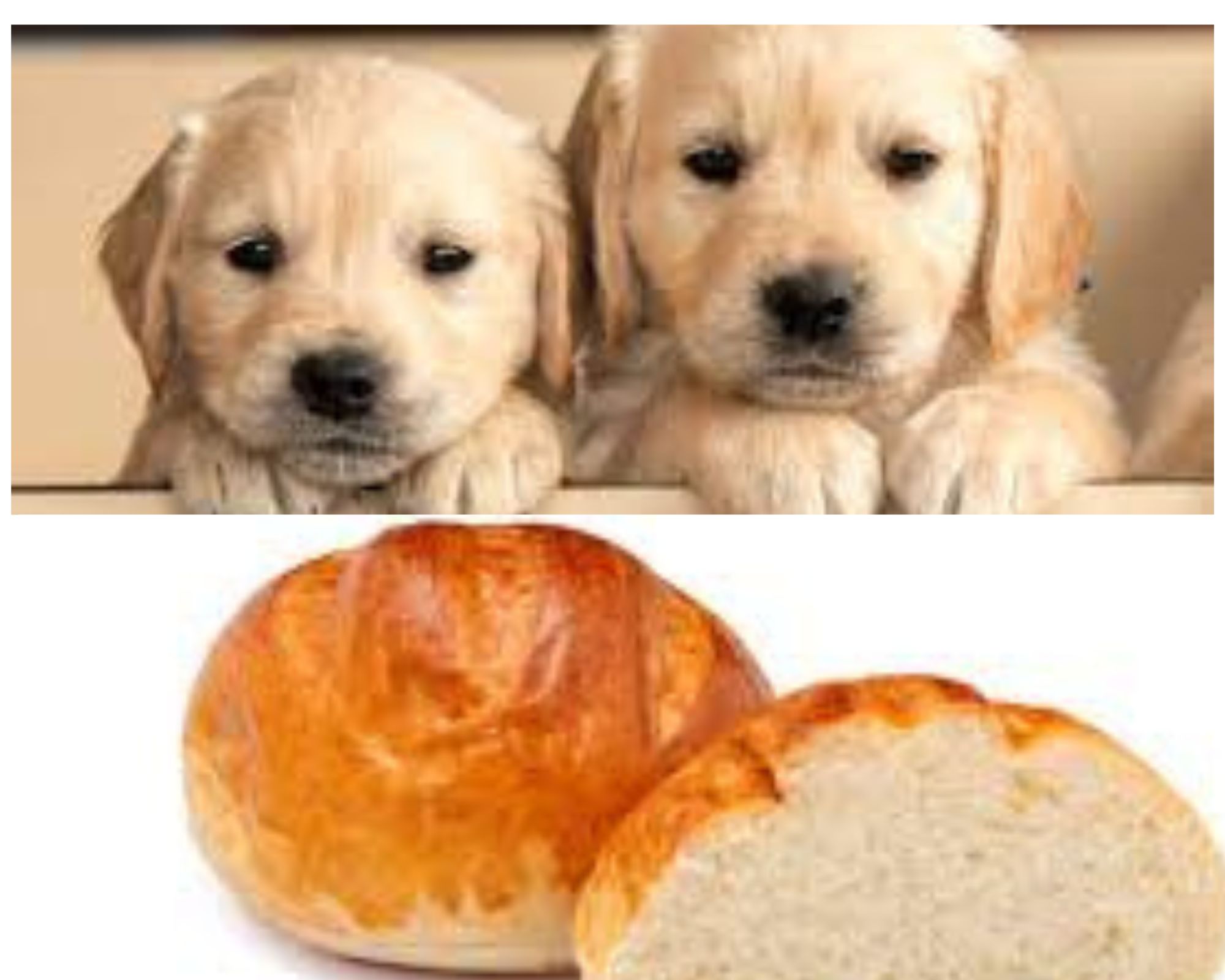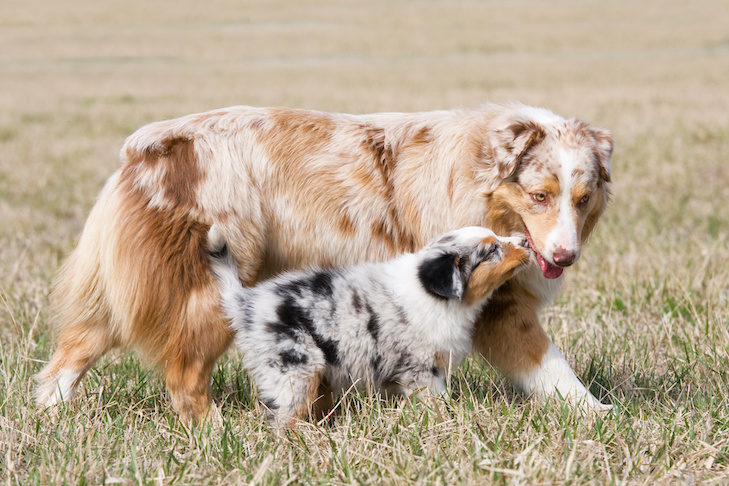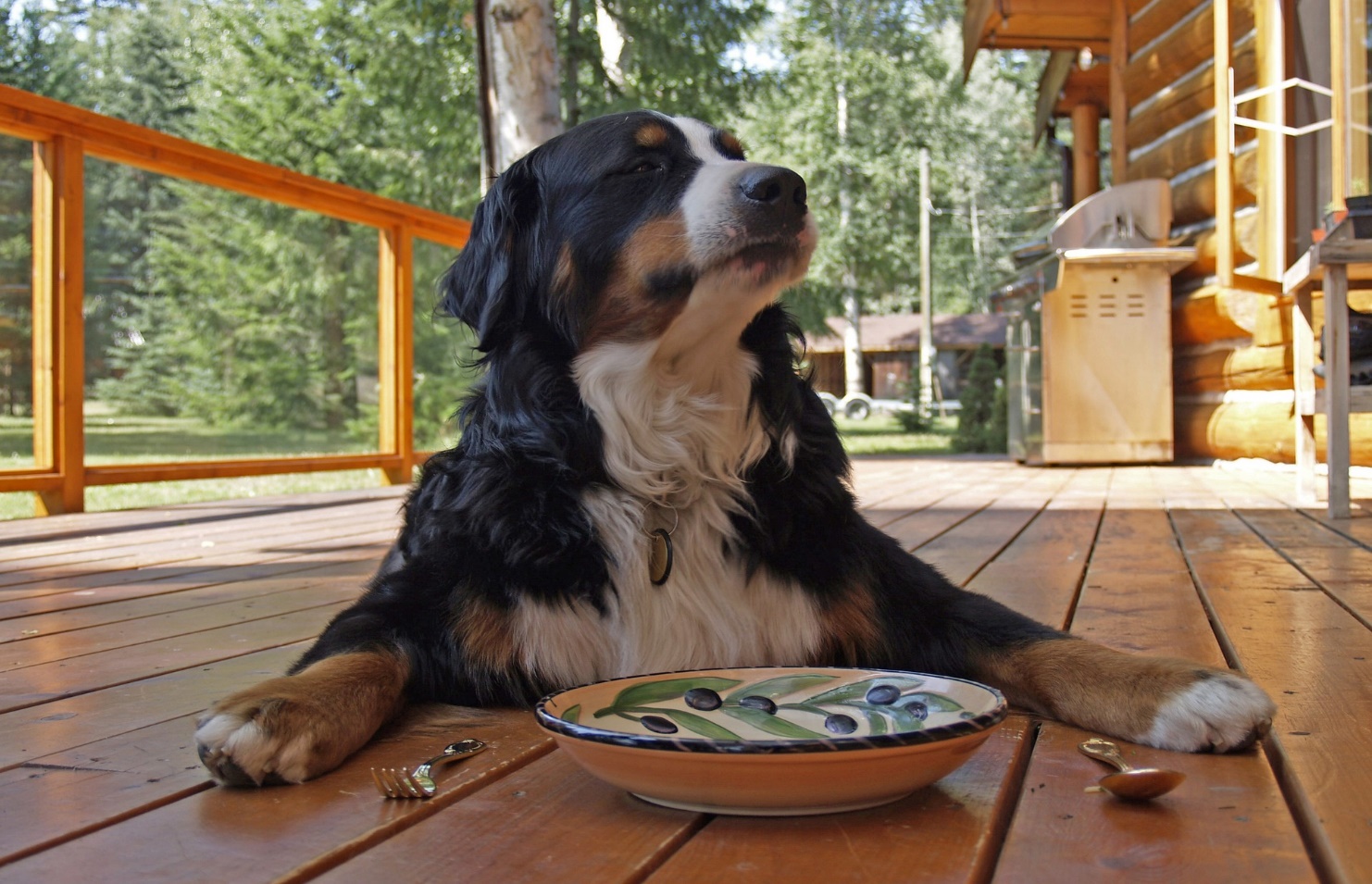Can Dogs Eat Potato Bread?

Can Dogs Eat Potato Bread? Dogs enjoy human foods and can consume them without concern for their health. From the savory aroma of grilled steak to the alluring sweetness of a freshly baked loaf of bread, dogs are frequently eager to partake in the food that is part of our world.
Recently, questions have arisen on platforms like Quora regarding the safety of feeding potato bread to dogs. While some answers may appear plausible, it’s essential to separate fact from fiction. The reality is that feeding potato bread to dogs isn’t recommended. Despite its appeal, potato bread contains ingredients such as flour, salt, and additives that may not agree with their digestive systems.
In this article, I will give you a clear understanding of why you should not feed your dog potato bread and also list other breads that are toxic to dogs’ health.
Can Dogs Eat Potato Bread?
Right from the time dogs began going close to humans, dogs have set their mind to having a taste of what we eat, Early humans likely shared their meals with dogs, forming a close bond where dogs helped with hunting and protection in exchange for food and shelter. And those foods are meats, not bread. These guys weren’t scared because there were not many artificial meals.
There are several medical reasons why you should not give your dog potato bread. These reasons include the fact that potato bread contains salt, flour, and additives,” it’s important to note that these ingredients are not necessarily inherently harmful to dogs. At this point let’s look at what makes the salt and others not cool for dogs’ well-being.
Salt
One of the reasons you should avoid giving your dog some bread is salt, Excessive salt consumption can have damaging effects on a dog’s health. when you give dogs tasty food they will be like give me more, Sometimes you can’t resist those eyes and winks of theirs, and you will give them potato Bread.
When a dog ingests too much salt, it disrupts the balance of electrolytes in their body, leading to sodium ion poisoning. This condition can cause a range of symptoms, including vomiting, diarrhea, excessive thirst, lethargy, tremors, seizures, and in severe cases, even death.
If humans struggle with excessive salty snacks, imagine the impact on our pets. High salt levels can lead to dehydration and kidney damage in dogs. Additionally, salty foods can elevate a dog’s blood pressure, placing strain on their heart and cardiovascular system.
How to handle
Knowing what to do when your dog has consumed an excess of salty meals is crucial for their well-being. If your furry friend has indulged in too much salty food, taking immediate action can help prevent potential health complications. Here are some steps you can take to address the situation and ensure your dog’s safety and comfort:
Offer your dog plenty of fresh water to drink. This can help dilute the salt in their system and prevent dehydration.
Limit Salt Intake:
Avoid feeding your dog any more salty food and ensure they have access to a balanced diet with appropriate levels of salt.
Flour
Flour isn’t inherently harmful to dogs, but when you start spoiling them with too much flour food, it’s bad. As I previously stated, it’s not always the owner’s intention, but because the pets have fallen in love with the flour food, you have to give it to them, especially when they start acting like they can’t survive without it.
When I say too much flour food, I don’t mean you feed them all at once; I mean you feed your dog potato bread in the morning, crackers in the afternoon, and cakes or donuts in the evening. This feeding pattern is not healthy for dogs because all of the foods listed here contain flour.
Dogs may struggle to digest large amounts of flour, resulting in discomfort, bloating, and possibly diarrhea. Furthermore, because refined flour lacks essential nutrients, relying on it as a major component of a dog’s diet may not provide the balanced nutrition required to thrive.
Additives
Some additives found in bread, such as artificial sweeteners like xylitol, can be toxic to dogs. Always check labels for harmful additives.
Yeast
Raw yeast dough can expand in a dog’s stomach, leading to bloating and potentially dangerous complications. Additionally, yeast fermentation in the stomach can produce alcohol, which is toxic to dogs.
According to Dogtime When a dog consumes yeast, the ingredient continues to rise and expand inside their warm stomach. This in turn can result in a potentially deadly case of bloat, medically known as Gastric Dilatation Volvulus (GDV).
Safer Bread for Dogs?
Dogs are kind creatures whatever you put on their mouth they might no reject it due to their nature of loyalty to their owner. However as responsible pet owner it’s you priority to consider their health and choose safer options, even when it comes to something as seemingly harmless as bread.
When it comes to feeding bread to dogs, opting for safer options is crucial to ensure their health and well-being. Safer bread choices for dogs include plain whole grain bread made without added salt, sugar, or harmful additives.
Homemade bread baked with dog-friendly ingredients like oats, whole wheat flour, and unsalted broth can also be a healthier alternative.
Toxic Bread for Dogs
| Toxic Bread | Why Not Safe for Dogs |
|---|---|
| Garlic Bread | Contains compounds that can be toxic to dogs, leading to gastrointestinal upset, anemia, and other health issues. |
| Onion Bread | Onions contain compounds that are harmful to dogs and can cause digestive problems, weakness, and damage to red blood cells. |
| Raisin Bread | Raisins and grapes are highly toxic to dogs and can cause severe kidney damage or failure, even in small amounts. |
| Chocolate Bread | Contains theobromine, which is toxic to dogs and can lead to vomiting, diarrhea, tremors, seizures, and even death. |
| Macadamia Nut Bread | Macadamia nuts are toxic to dogs and can cause weakness, vomiting, tremors, and hyperthermia when ingested. |
| Xylitol Bread | Xylitol, a common sugar substitute, is extremely toxic to dogs and can cause a rapid release of insulin, resulting in hypoglycemia (low blood sugar) and liver damage. |
| Moldy Bread | Moldy bread can contain toxins harmful to dogs and may cause digestive upset or neurological symptoms if ingested. |
Potential Risks
Here are the potential risk of feeding you dog potato Bread!!
1. High Carbohydrate Content
2. Salt Content
3. Additives and Preservatives
4. Potential Allergens
5. Digestive Upset
6. Nutritional Imbalance
7. Risk of Pancreatitis





